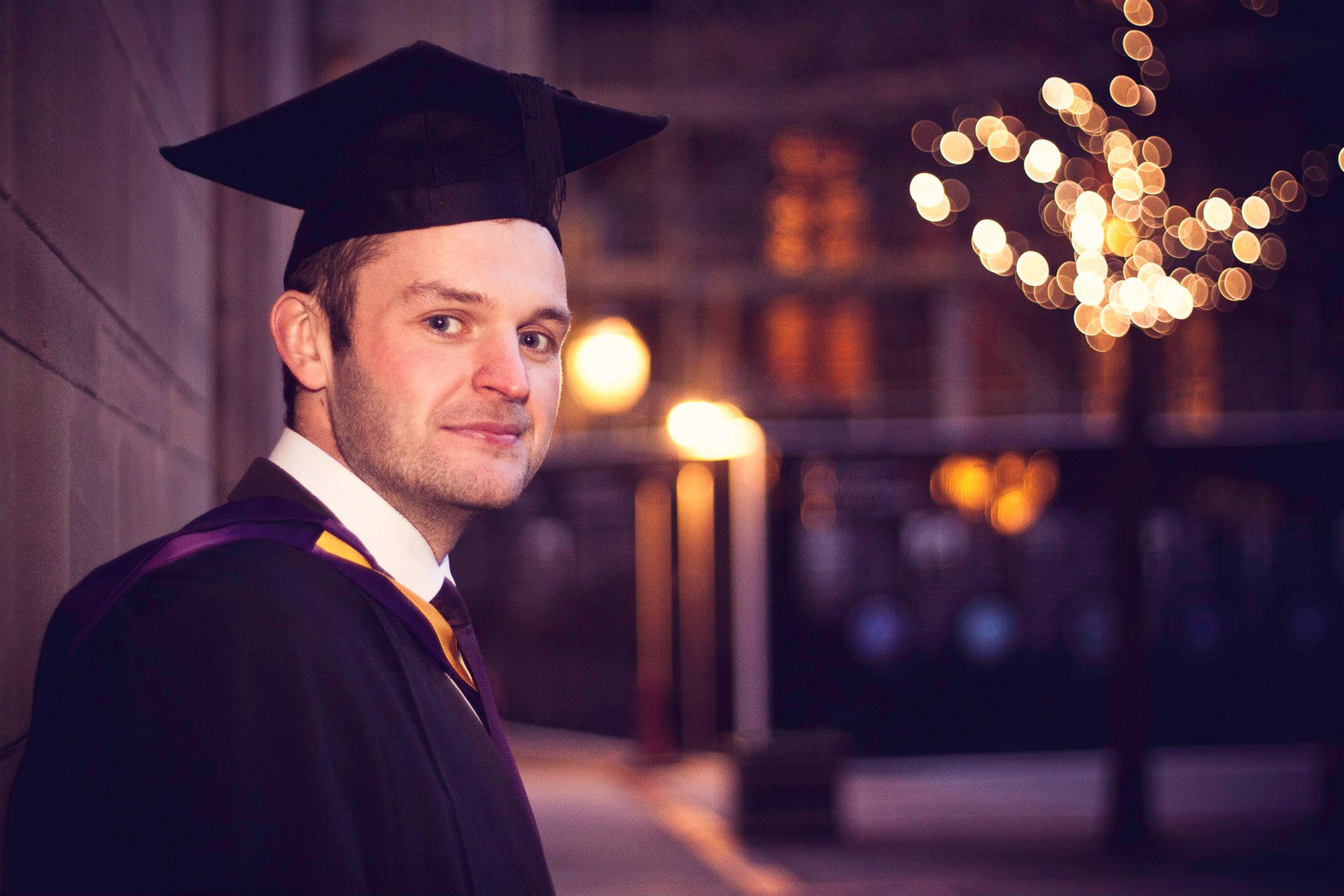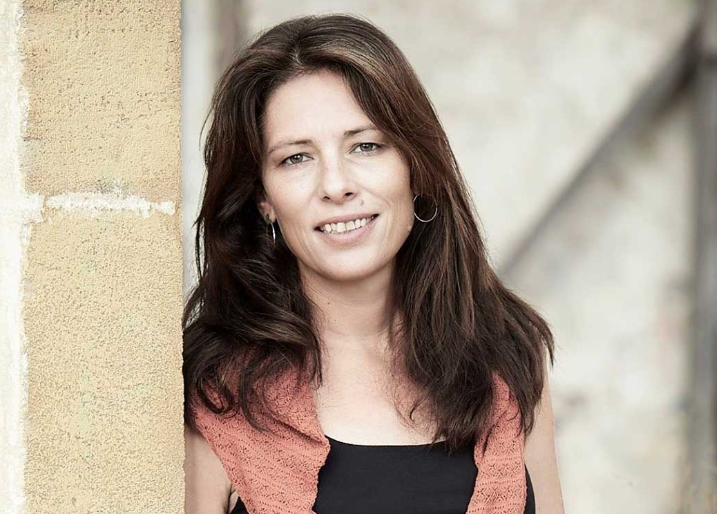Before the UK left the EU, private schools around the island prepared their students to study there. But they now have to look further afield
The number of EU students enrolling in British universities has more than halved since its withdrawal from the European Union in 2016, with noticeable declines from Italy, Germany and France. This is a trend seen in Cyprus too, with school leavers widening their search for a university place.
“I think Brexit is affecting local students at the moment, as opposed to a rather large amount of our students who are British citizens and who, until January 1, 2028, can still actually get home fees,” says Deputy Head, Careers Advisor and Head of Science at Foley’s School in Limassol, Michael Orford.
“Historically, students have been heading to the UK and I think that we’re much more in tune with that kind of process. I think now, with students choosing new destinations, it’s a little bit of a learning curve,” he adds.
He is not alone. “At the Grammar School, we were well prepared for these changes ahead of time as our Higher Education Advisory Team planned for this outcome. To ensure we are well-informed and can offer our students the best advice on a broad range of global destinations, our Higher Education Advisory Team are all Times Higher Education (THE) Accredited Counsellors and The Grammar School Nicosia is an Accredited Counsellor School. This gives us access to a global network of leading international counsellors and training events to build our knowledge. This team frequently visits universities in the UK, Ireland, Germany, Spain, Italy and The Netherlands to receive the latest information about admissions procedures,” says Deputy Headmistress Kam Stylianou.
“School counsellors in Cyprus play a pivotal role in career planning, especially nowadays that so many things have changed in terms of the students’ future universities and career choices,” adds Careers Councilor at the Pascal English Private School, Niki Zachariadou. Pascal school’s counsellors are instrumental in guiding and helping pupils develop their own self-awareness and help them understand their interests, strengths, and values to support them in their decision making.
As part of the Brexit agreement, British passport holders and children of British passport holders residing in the EU can still apply for UK universities and get home fees as long as their course begins before January 1, 2028. Prior to Brexit, EU students paid home fees of just over £9,000 and had student finance available. With no loans available, tuition fees can now rise to £38,000.
SCHOOLS GUIDE 2024
But this isn’t putting everybody off.
“Some UK universities still offer the equivalent of home fees and some universities also have good scholarship schemes that bring the costs down,” says Stylianou, adding that the UK is still an option for quite a few of the school’s students. “That said, many students are looking at all their options and destinations include many European countries, the US and Canada as well,” she adds. “most of our students apply to around three countries and then choose the most suitable option”.
It’s a similar picture elsewhere. “Before Brexit, around 75 to 80 per cent of our students chose the UK as their main university destination. However, in the last few years, only 15 to 20 per cent of our students were interested in pursuing their studies in the UK. The majority of Pascal graduates who still aim at the British higher education system as their main option are UK passport holders,” says Zachariadou.
“Brexit has been challenging for many students, since they had to face a new reality and search for alternative options for their studies, which were mostly unknown to them in the previous years. some courses are not easily found in the English language (especially in Germany or the Scandinavian part of Europe),” adds Zacharidou.
Careers Advisor at the International School of Paphos, Stella Luizinho, encourages students to conduct thorough research on a variety of universities and fields of study, not only the in the UK (comparing courses, costs, university rankings, practical living/social elements) to ensure they not only keep their options open, but are making the right choice. “For this to be a success, it is imperative that they initiate their research early on; and in collaboration with their parents, we can find the most suitable alternatives. It is very useful for them to hear from of our former students and their university experience, when making their decision”.
Matching location and costs is also underlined at the Grammar School. “We advise our students to look into their options and be mindful of their budget for studies,” adds Stylianou. “We encourage and support them in applying to a number of different study destinations. We actively promote applying for scholarships and support them in this endeavour. we also provide a detailed list of UK universities offering scholarships for them to research. Likewise we host a range of events that cover institutions from many different countries so students are fully informed of their study options.”
Increasingly, students from Cyprus are heading to destinations such as the Netherlands, France, Ireland, Greece, Germany, Austria, the Czech Republic, as well a smaller number opting for Canada, the USA and even Australia.
“There has been an increase in the number of students applying to the US and Canada,” says Stylianou, “Ireland has attracted a significant number; it’s a leading destination due to the many advantages it offers: excellent universities offering a high level of education, job opportunities in leading companies, a safe, friendly study environment and courses taught in English. Medicine in Greece has become extremely popular as there are now many options for English-taught courses,” she adds.
“There has also been a remarkable increase in the number of students choosing local private universities and, in fewer cases, public universities, because of the variety of courses and scholarship opportunities available, the flexible entry requirements and the easy application process,” Zachariadou says.
As to whether there is also a shift in what courses students choose, perhaps also due to the shift in destinations, Luizinho puts forward that students increasingly pursue courses that will provide immediate employment. “Work placement years have become steadily more popular too and students also view courses in the technology field more favourably,” she says. The Grammar School sees students interested in medicine, cybersecurity & computer science, data science, fashion and design. law, mathematics, economics, business and engineering disciplines also remaining popular. This is echoed by Foley’s School, “there’s a growing interest relating to artificial intelligence, cybersecurity, risk management, data analysis, art and design and real estate lately. However, the traditional courses such as, business, economics/finance/accounting, law, medicine, engineering, psychology and physiotherapy are still in high demand,” says Zachariadou. •







Click here to change your cookie preferences